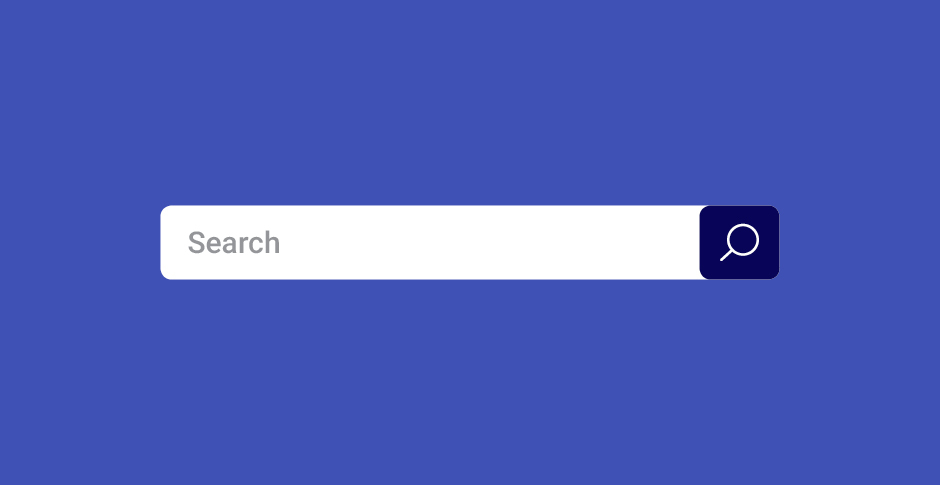5 keywords employers are searching for in your SEEK profile
These days standing out to employers isn’t just about having a killer resume and a polished cover letter. It’s important to also have a SEEK Profile that uses the right keywords, so that employers (and opportunities!) can find you.
To help you get started, we’ve uncovered the top terms employers are using to search for a candidate’s SEEK Profile. Follow our tips on how to use the same commonly searched keywords, and you'll be one step closer to landing that dream job.
- Job title.
Employers search for candidates whose experience best matches the role, so a good way to get noticed is to use the most typical name for your job title. Some of the most searched job titles on SEEK include ‘developer’, ‘business analyst’ and ‘accountant’ – this tells us that clear and concise titles are key. If you worked for a company that gave you a convoluted title like ‘Director of First Impressions’, update it to the more widely used ‘Receptionist’ in the Career History section of your SEEK Profile, and you’ll appear in more search results.
- Skills.
Just as important as having a logical job title, is detailing the skills you gained and used in your past roles and your education and qualifications. Employers want to know you have the capabilities needed for the role they’re recruiting for, so it’s very important to complete the Skills and Education sections of your profile. Our data shows that many employers are looking for skills such as ‘content’, ‘java’ and ‘payroll’, so no matter what kind of job you’re hoping to get, make sure you share, in detail, what you’re capable of.
- Industry.
Employers often search industry keywords like ‘sales’, ‘information technology’ and ‘customer service’ when searching for the perfect candidate, so it’s important to select the industry you’re looking to work in via the About your next role section.Then communicate exactly what role you’re looking for within your chosen industry by selecting a sub-classification. If you’re aiming for a writing job, choose the ‘Advertising, Arts & Media’ industry classification, followed by the ‘Journalism & Writing’ sub-classification. This will ensure employers offer you the roles that complement your experience, interests and ambitions. This information should also be clearly detailed in your attached resume.
- Role preferences.
It’s important to communicate the kind of work conditions you’re looking for. Employers want to know that their role suits your preferences, not just your skill set because you’ll be more likely to stick around or even accept the role in the first place if its hours, pay and location match your expectations. Complete the About your next role section of your SEEK Profile honestly, to ensure a good match for both you and the employer.
- Career level.
If it isn’t already clear in your job titles, convey the level of seniority of your past jobs by adding this detail to your Personal Summary. If you aren’t upfront about this, it will only come up later, and you don’t want to have invested time and effort getting to the interview stage of the recruitment process only to find you’re under or overqualified. Communicating your level is as easy as including the term ‘graduate’, ‘junior’, ‘mid-level’, ‘senior’ or ‘manager’ in your profile.
